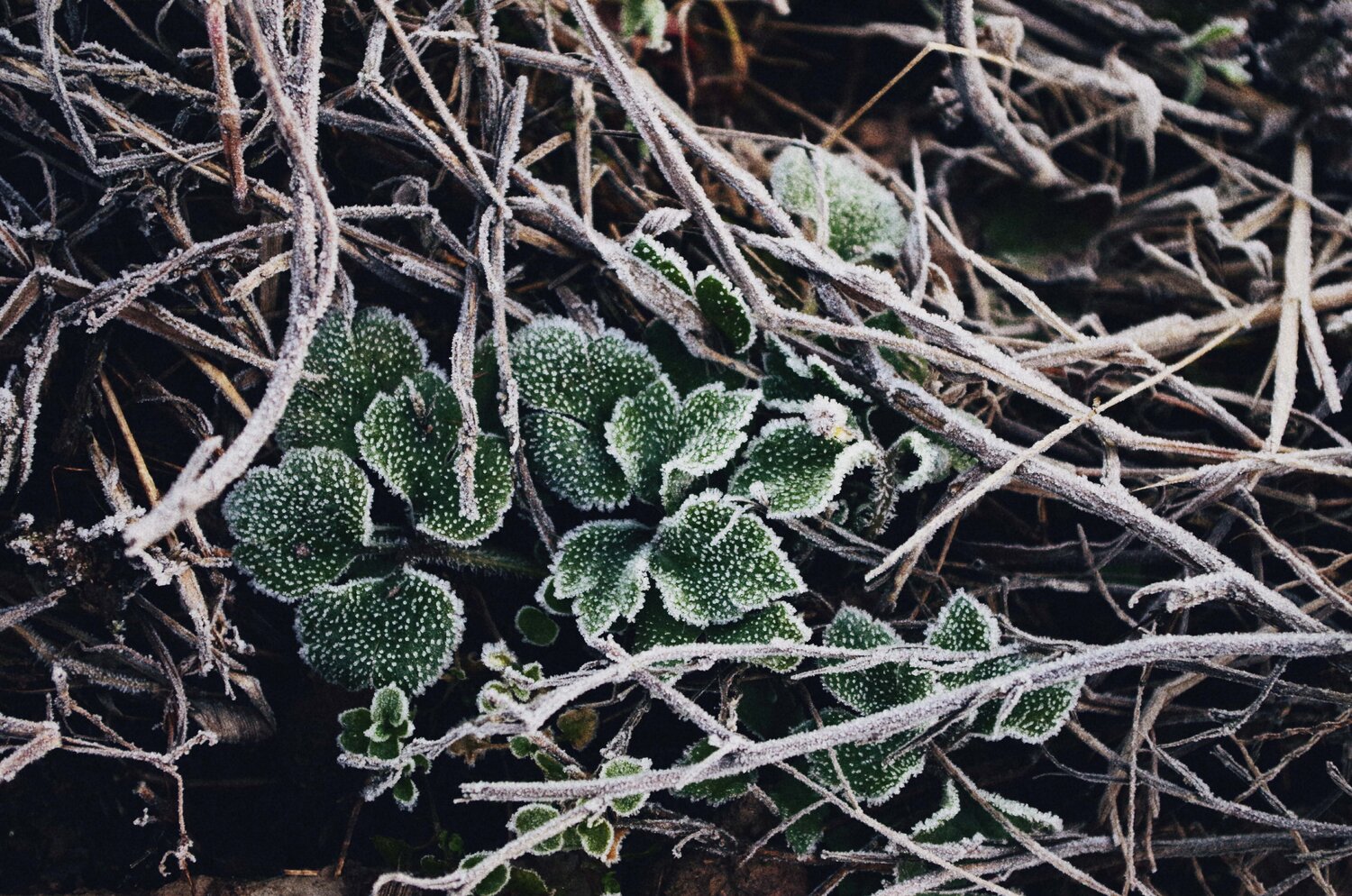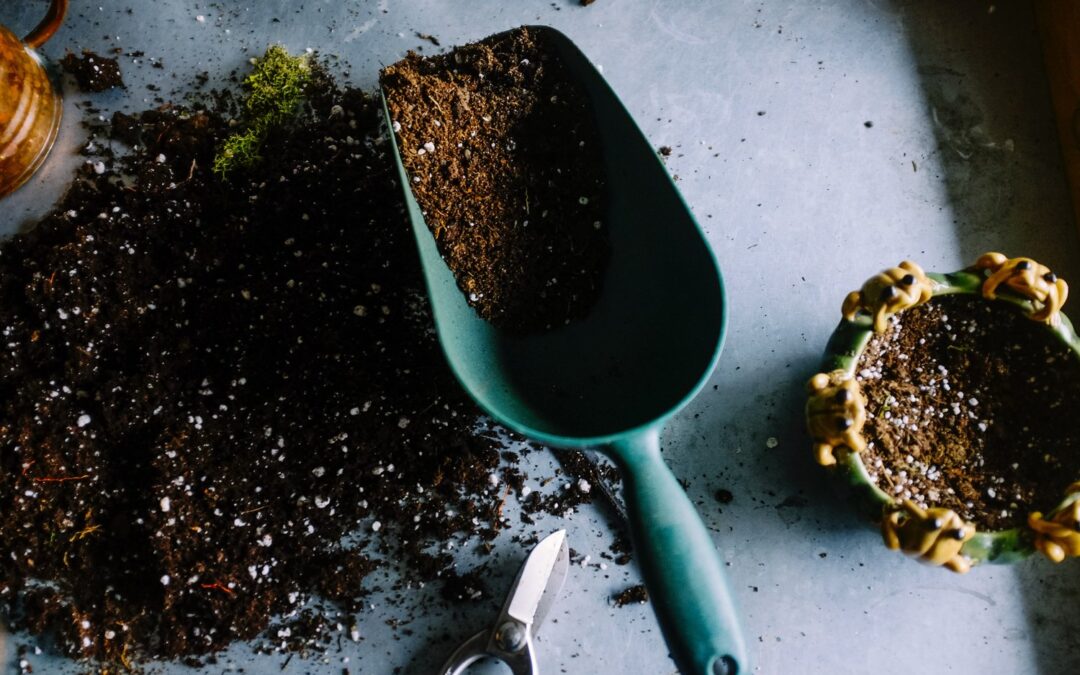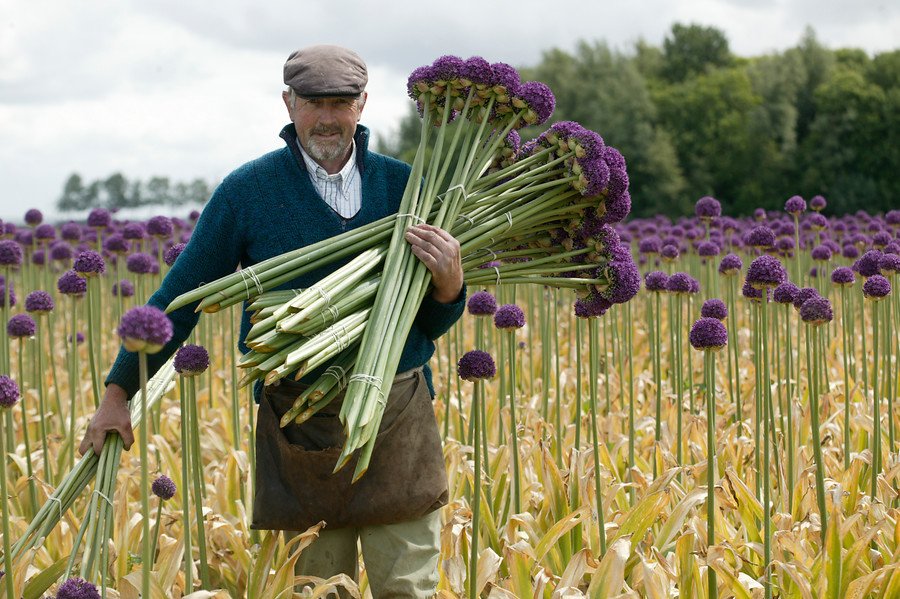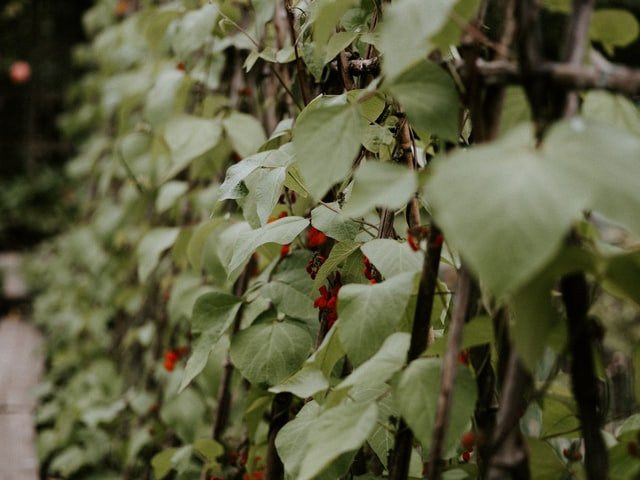*This post contains affiliate links. If you use these links to buy something we may earn a commission. Thanks.
The British winter can be tough on your garden. It is cold, unpredictable, and wet, complete with frost and potential snow, all of which can have a drastic effect on the health of your beloved plants. As the colder months draw in, it’s time to prepare your garden or allotment as best as you can to help it weather the hard times ahead. Part of your gardening preparations should always focus on your soil, as this can be the locus of many winter issues. By ensuring your soil is in top condition heading into winter, you’ll be giving your garden a solid foundation to survive upon.

Tidy Up But Don’t Blow it Up!
To begin with, it’s time to tidy up. Giving your garden the opposite of a spring clean will help it through the times when it’s too cold or rainy for you to want to venture outside for basic maintenance. If you’ve got a lawn that needs to be clear be sure gather up all the fallen leaves before they can turn to a slimy mulch on your lawn, and pop them in the compost. Or even better start your own leaf mould heap the bugs will love you. But put down the leaf blower! Leaf blowers can harm the little critters that shelter in the fallen leaves. Use a leaf rake that’s suitable to use around delicate plants and that way it shouldn’t be as damaging to the wildlife either!
Clear as much debris as you can to keep your garden spick and span, and easy to care for over the winter. Remove any rotting wood from the garden and tidy up the wooden edges of any plots as slugs will love the nice damp conditions ready to launch attacks on your delicate veg next spring! Tidying up dead material also lessens the chance for diseases to develop, or for pests to feed on mulch and enter the spring full of strength to feast on your seedlings.
Bonfires and ash

Who says preparing your soil for the winter can’t be fun? Bonfires are a great side effect of clearing all that debris, and you can treat yourself to a toasty winter gathering (marshmallows optional) as you burn away all the detritus. Make sure you check the rules in your neighbourhood or allotment before starting a bonfire and keep it small! We use a small 60 Litre garden incinerator bin to burn any blight damaged plants or dead wood. Nothing goes to waste, and once your fire is burnt down, you can scatter the ashes over your ground as a supplement, or add a small amount to the compost heap. You want to be careful you don’t add too much, but a little can go a long way.
Protect From Water-Logging
Water logging your soil over winter can be a huge problem. Prepare to avoid this by ensuring you have plenty of potential for irrigation, and no areas where water can gather in large quantities. Raised beds are a great way to keep soil fresh, and you can aerate your lawn by pushing into it with a garden fork at intervals, stopping the grass and soil from clogging with rainwater. Keeping everything permeable, especially fixed features like paving stones, is the key to protecting your soil from damage.
Plant Bulbs

Now is the time to plant your bulbs for the spring, from tulips to daffodils and everything in between. And get your Garlic bulbs ready to go in toward the end of Autumn as they like a little chill!
Doing this will allow them to winter underground, where it can be several degrees warmer than on the surface, and it will keep your soil active and held together. You also don’t want to be doing this too late into the winter, when the soil may have compacted through the cold, and you will be disturbing it too much and leaving it open to threats.
Start Thinking About Soil Prep

You can never start planning too early for next year. After a year of growing your soil may be more depleted of nutrients than you realise! Testing your soil could give you a head start on growing a bountiful harvest next year. We were recently joined by Robert Galster from Soil Safe UK who told us all about the importance of testing your soil! Read it here.
Leave It Alone
Leading on from this, the final way to prepare your soil for winter is simply to leave it alone! Overdigging can remove the natural protective layer built up across the surface of your soil, leaving your garden or allotment more susceptible to damage over the winter.










0 Comments